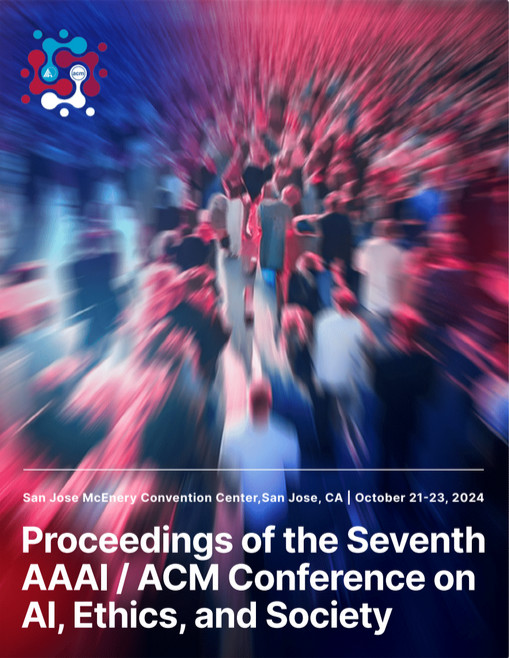“I Don’t See Myself Represented Here at All”: User Experiences of Stable Diffusion Outputs Containing Representational Harms across Gender Identities and Nationalities
DOI:
https://doi.org/10.1609/aies.v7i1.31650Abstract
Though research into text-to-image generators (T2Is) such as Stable Diffusion has demonstrated their amplification of societal biases and potentials to cause harm, such research has primarily relied on computational methods instead of seeking information from real users who experience harm, which is a significant knowledge gap. In this paper, we conduct the largest human subjects study of Stable Diffusion, with a combination of crowdsourced data from 133 crowdworkers and 14 semi-structured interviews across diverse countries and genders. Through a mixed-methods approach of intra-set cosine similarity hierarchies (i.e., comparing multiple Stable Diffusion outputs for the same prompt with each other to examine which result is `closest' to the prompt) and qualitative thematic analysis, we first demonstrate a large disconnect between user expectations for Stable Diffusion outputs with those generated, evidenced by a set of Stable Diffusion renditions of `a Person' providing images far away from such expectations. We then extend this finding of general dissatisfaction into highlighting representational harms caused by Stable Diffusion upon our subjects, especially those with traditionally marginalized identities, subjecting them to incorrect and often dehumanizing stereotypes about their identities. We provide recommendations for a harm-aware approach to (re)design future versions of Stable Diffusion and other T2Is.Downloads
Published
2024-10-16
How to Cite
Ghosh, S., Lutz, N., & Caliskan, A. (2024). “I Don’t See Myself Represented Here at All”: User Experiences of Stable Diffusion Outputs Containing Representational Harms across Gender Identities and Nationalities. Proceedings of the AAAI/ACM Conference on AI, Ethics, and Society, 7(1), 463-475. https://doi.org/10.1609/aies.v7i1.31650
Issue
Section
Full Archival Papers

